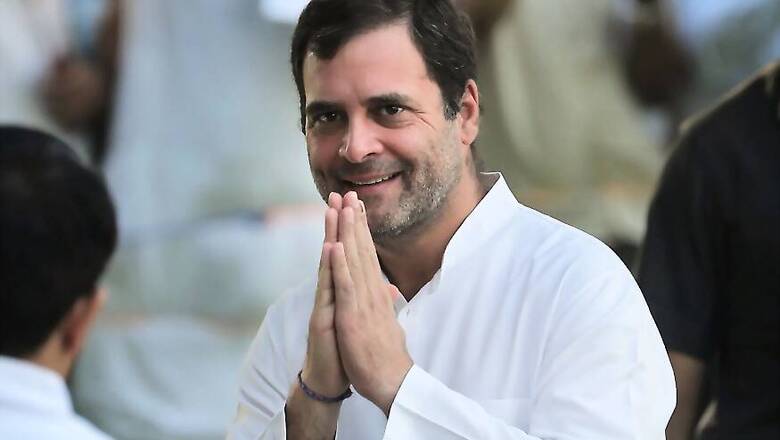
views
New Delhi: In the face of a comprehensive defeat in the Lok Sabha elections, Rahul Gandhi may have quit as the Congress president but there are signs that he may continue to spearhead the party’s ideological battle against the Bharatiya Janata Party (BJP) and the RSS.
Gandhi’s itinerary for this week and the next will take him from Patna to Mumbai and Ahmedabad where he will personally appear in cases filed against him by BJP leaders and the RSS.
On Thursday, Gandhi travelled to Mumbai where he is at present making a personal appearance in an RSS-linked case filed against him in Sewri court for allegedly linking the organisation with the murder of journalist Gauri Lankesh.
In February, RSS Swayam Sevak Dhrutiman Joshi had filed a defamation case against Rahul Gandhi, Sonia Gandhi, Sitaram Yechury and the Communist Party of India (Marxist) for defaming the RSS following the death of Gauri Lankesh. Lankesh, a senior journalist was murdered at her residence in Bengaluru on September 5, 2017.
On July 6, he will be in Patna for hearing in a defamation case filed against him by Bihar Deputy Chief Minister Sushil Kumar Modi for his reported statement that "all thieves have Modi in their surnames". On July 9, Gandhi will visit Gujarat.
Rahul Gandhi on Wednesday officially resigned from his post as president of the Congress party, saying accountability was critical to its future growth.
In a four-page letter posted on his official Twitter handle, Gandhi said it would be unjust to hold others unaccountable but ignore his own contribution to the party's performance in the Lok Sabha elections in which the BJP won a sweeping majority. Gandhi said that while his colleagues had asked him to choose the next party chief, he felt it would not be right to do so. He added that the Congress Working Committee (CWC), the party's highest decision-making body, should name his replacement at the earliest.
Gandhi's resignation has been the subject of much controversy since the Lok Sabha election results were announced on May 23, plunging the party into a crisis. Two days later, Gandhi had declared his decision to step down from the party. While the decision was unanimously rejected by the CWC, Gandhi had called it "non-negotiable".
In the aftermath, several senior leaders of the party had urged him to stay on, Gandhi was adamant to step down from the post. Last week, a number of office-bearers had also tendered their resignations, citing "collective responsibility".












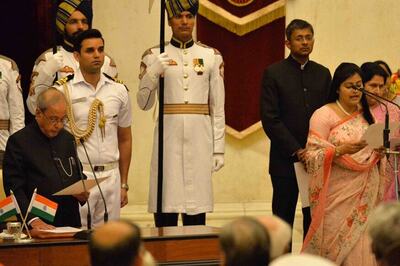
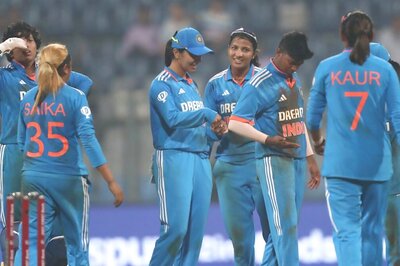

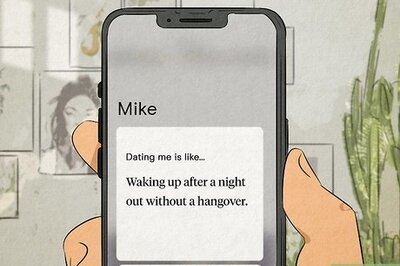
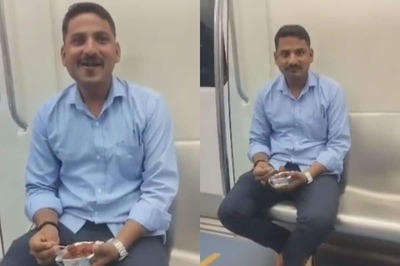



Comments
0 comment